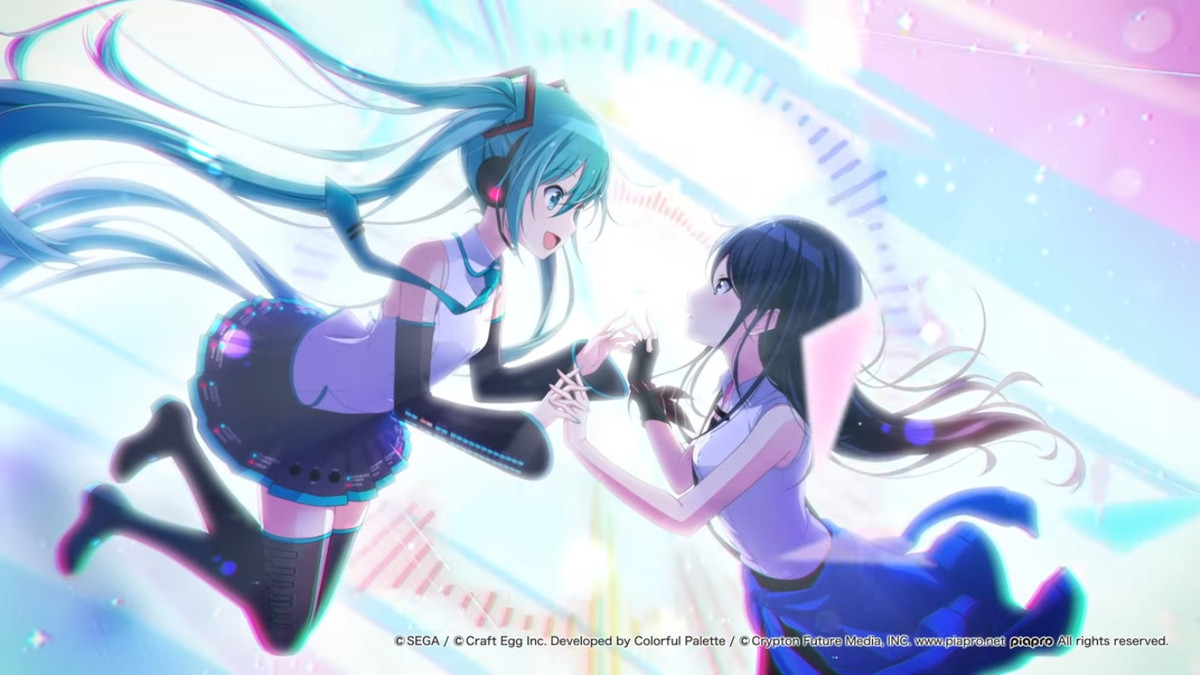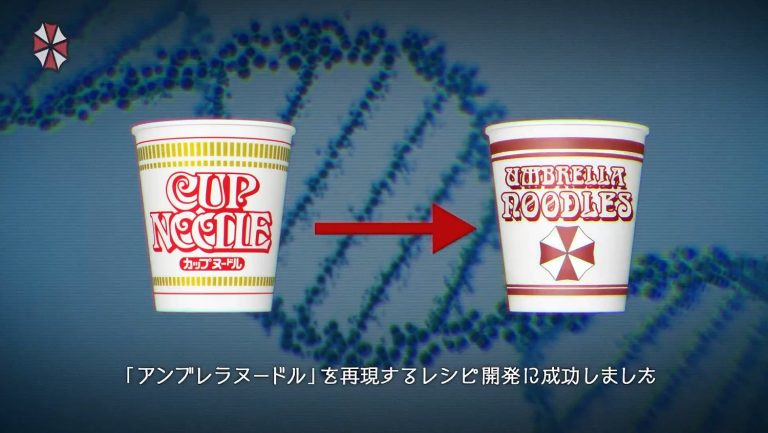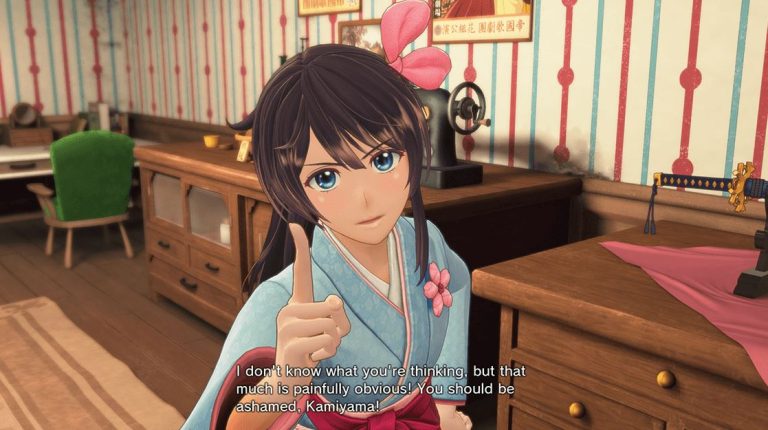Written by. Nick Mosier based on the original Japanese article (original article’s publication date: 2022-04-05 16:35 JST)
Sega recently released etiquette guidelines for players of the mobile game Hatsune Miku: Colorful Stage! in Japan. The guidelines call for the cooperation of players in the game and on social media to create a space that all players can enjoy. They have since been spreading on Japanese social media for consisting of common-sense manners.
Hatsune Miku: Colorful Stage! released in Japan in September of 2020, with an English version following in December of 2021. It features many popular vocaloid songs and is seeing support not just from longtime fans, but from a younger audience who didn’t experience the dawn of vocaloid firsthand. The game was also a big contributor to Sega Sammy Holdings achievements in the 3rd quarter of their 2022 fiscal year (PDF link).
The guidelines include requests like “do not use negative language towards other people,” “be considerate of your partner when communicating,” and other common-sense manners that don’t strictly apply to games. They also clearly note other points such as not sharing untrustworthy or leaked information and not sharing personal information.
Warnings regarding sharing leaks and personal information are common in user guidelines, but points regarding etiquette are rarer and are capturing the attention of social media users in Japan. But the reason the guidelines are going out of their way to state the obvious is likely because players are currently using abusive language with each other.
Hatsune Miku: Colorful Stage! has a number of functions players can use to communicate. They are likely using these easy-to-understand policies to try and get players to change their behavior.
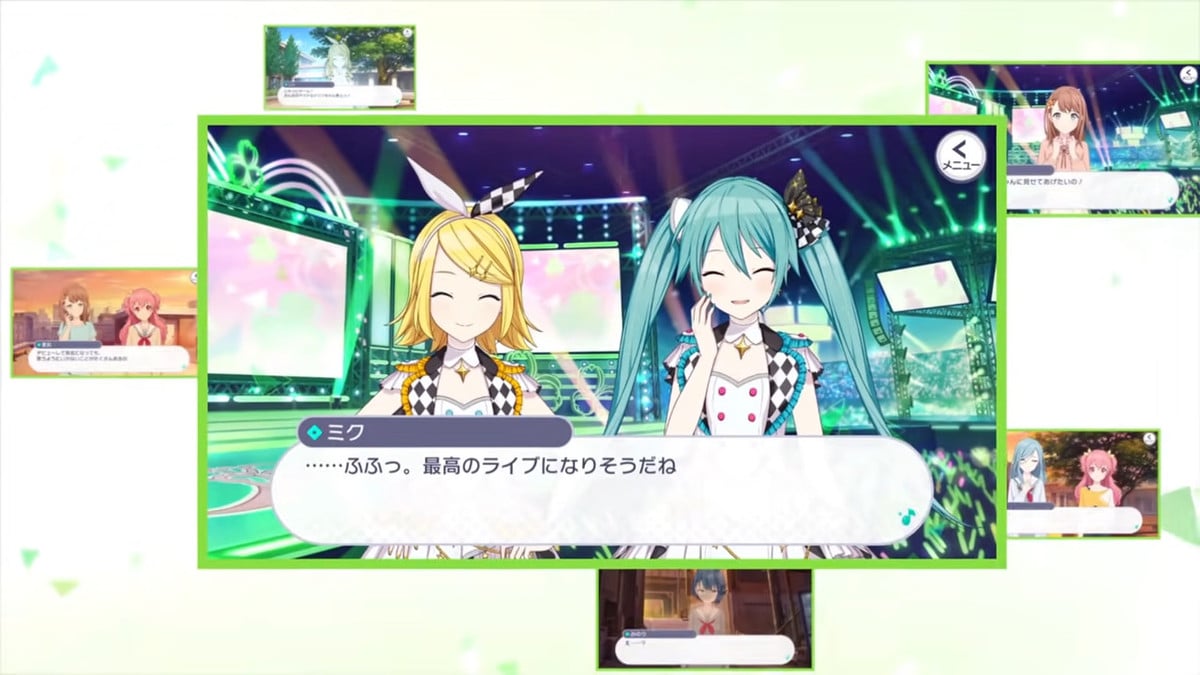
The game contains a mode called Multi Lives where multiple players perform the same song together, and it can cause friction between players. The rewards in this mode are greater than when playing alone, and songs also have a “Super Fever” section where rewards are increased if everyone strings together a combo in that section. It seems that players who fail these combos sometimes receive hate from other players, with the guidelines including examples like “stop playing multiplayer” and “it’s too bad you’re not very good.”
The guidelines also include suggestions regarding communication not related to gameplay. Making fun of a specific character or unit or saying things like “it’s best to avoid fans of OO” can make other players feel bad. The guidelines clearly explain that they want players to consider the feelings of others when communicating in-game and on social media.
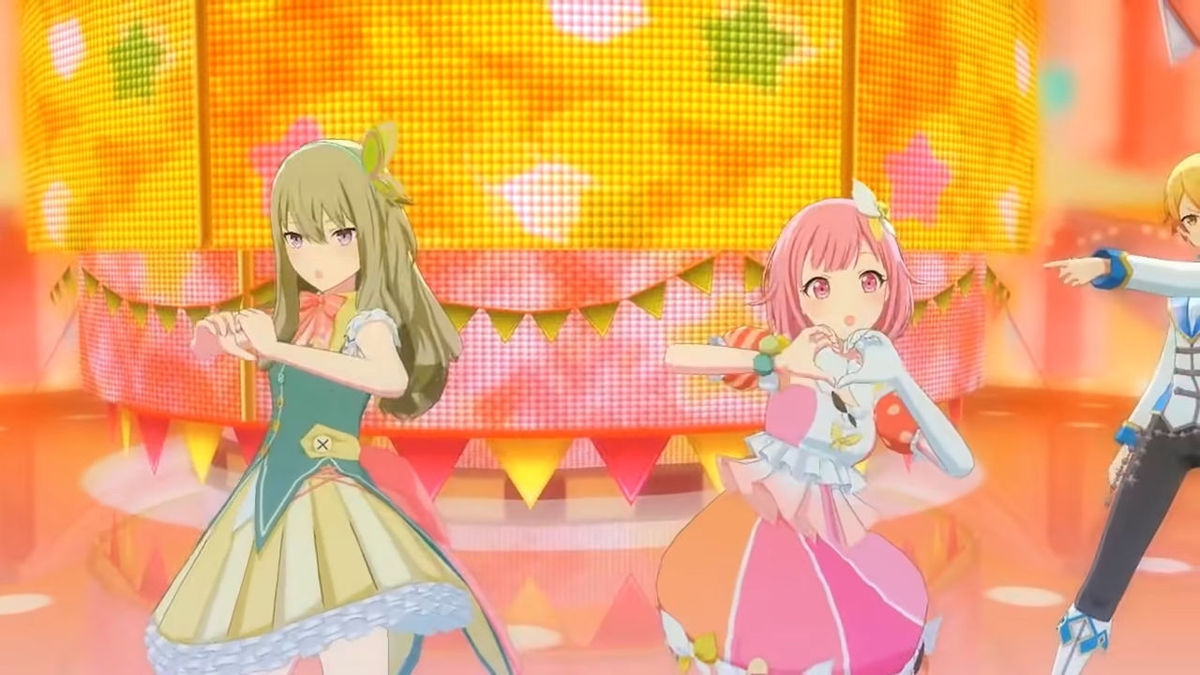
Another game with a similar set of guidelines is Final Fantasy XIV and its prohibited activities list. While the genres are different, they both share the fact that a mistake by one player can negatively impact the rest of the group. Cooperative play is one of the appeals of online multiplayer, but along with it comes the potential for communication issues. It will be interesting to see if other games try to steer the thinking of their players in a more positive direction with etiquette guidelines in the future.
When a game has cooperative play, troubling or becoming irritated with other players just comes with the territory. It’s important to remember that there’s another person on the other side of the screen. Don’t use your anonymity to be mean to other players.

